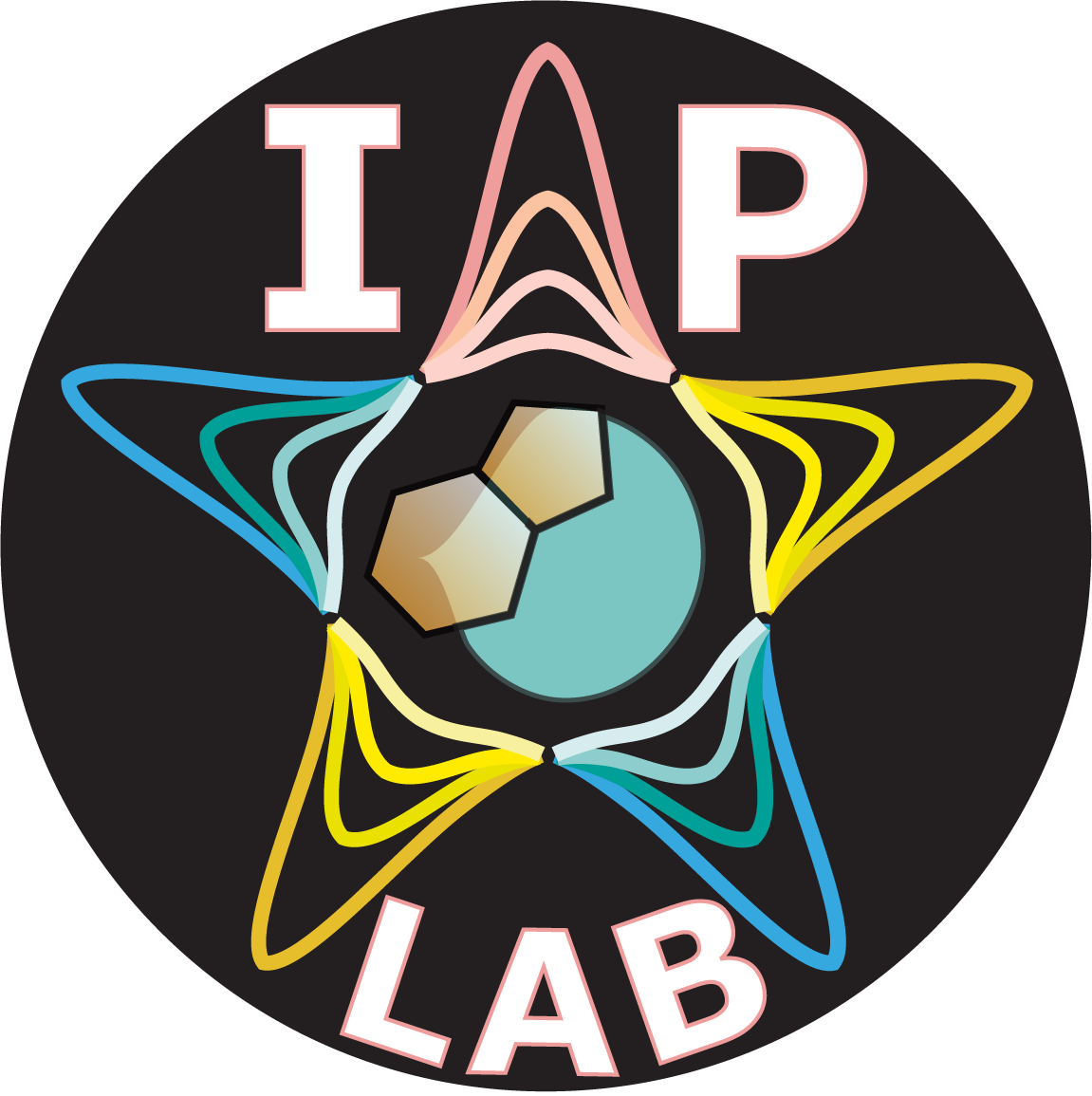Project description
We are actively seeking a highly motivated candidate with a passion for developing experimental methods to join our team. In this role, you will be involved in a groundbreaking project aimed at studying protein interactions in cells and tissues, making use of the expertise of the Piazza lab. With proof-of-concept already established, you will work to refine and optimize the method to achieve broad applicability and high reproducibility. You will have the opportunity to apply this novel approach to explore pressing biomedical questions and leveraging this knowledge to advance treatments for human tumors and immunotherapies.
The Piazza laboratory (Piazza Lab) uses mass spectrometry-based approaches to study protein interactions in cell and tissues with proteomics. In this project you will learn experimental and computational approaches to tackle fundamental biological questions with medical relevance using innovative system-wide techniques. You will work on an exciting multidisciplinary project integrating multiomics approaches that aims to understand how metabolism and metabolic enzymes control chromatin in bulk and at single cell level. You will have access to state-of-the-art instrumentation at the SciLifeLab laboratories in Solna, Sweden and be involved in international cross-disciplinary collaborations.
This PhD project is part of an EU-funded Marie Skłodowska-Curie programme doctoral network called NUCLEAR. NUCLEAR is dedicated to shaping the next generation of experts in the emerging field of Metabolic Regulation of Genome Function and Cell Identity. NUCLEAR brings together European leaders in the fields of metabolomics, functional genomics, chromatin regulation, stem cell biology, and cancer with innovators in precision nutrition, mass spectrometry technologies, and drug development. This NUCLEAR project aims to develop tools for the detection of metabolism in the nucleus, to understand how metabolism regulates functions of the chromatin template and to test metabolism-chromatin interactions as targetable vulnerabilities in cancer cells
Selection
The selection among the eligible candidates will be based on their capacity to benefit from the training. The following criteria will be used to assess this capacity:
- documented knowledge in a relevant field of research
- a strong interest in interdisciplinary research and integration of genomics and proteomics concepts are the requisite skills for this position
- a strong interest in quantitative biology
- curiosity and motivation in learning multiple -omics approaches.
- preferred experience includes familiarity with quantitative proteomics or NGS library generation
- previous experience with work with human cancer cell lines, stem cells, and/or immunohistochemistry is a plus.
- programming skills with Python or R is a plus.
- excellent communication skills.
- a solid experimental or computational background and excellent communication skills in English
- capacity for analytical and creative thinking
- initiative
- independence
- ability to collaborate
- written and oral proficiency in English.
To be eligible for this program, candidates must NOT have resided or carried out their main activity (work, studies, etc.) in Sweden for more than 12 months in the 36 months immediately before their recruitment date.
Application
Official applications are accepted through the Stockholm University Job Portal
For more information, please contact Dr. Ilaria Piazza.
N.B: in the application portal, you might encounter a couple of unusual fields:
- 8. R8. RESEARCH PLAN/PROJECT PLAN. Attach your plan describing the intended project.
- 11. I11. INDEPENDENT WORKS/ESSAYS. Works/essays are uploaded here.
Do not be put off and just leave them blank. if it is not possible, write a couple of lines copied from your cover letter for point ‘8’ and title(s) of intern/thesis projects you might have been involved so far for point ’11’. Sometimes bureaucracy is unnecessarily complicated!
